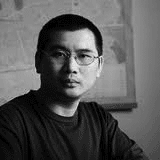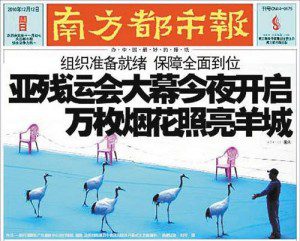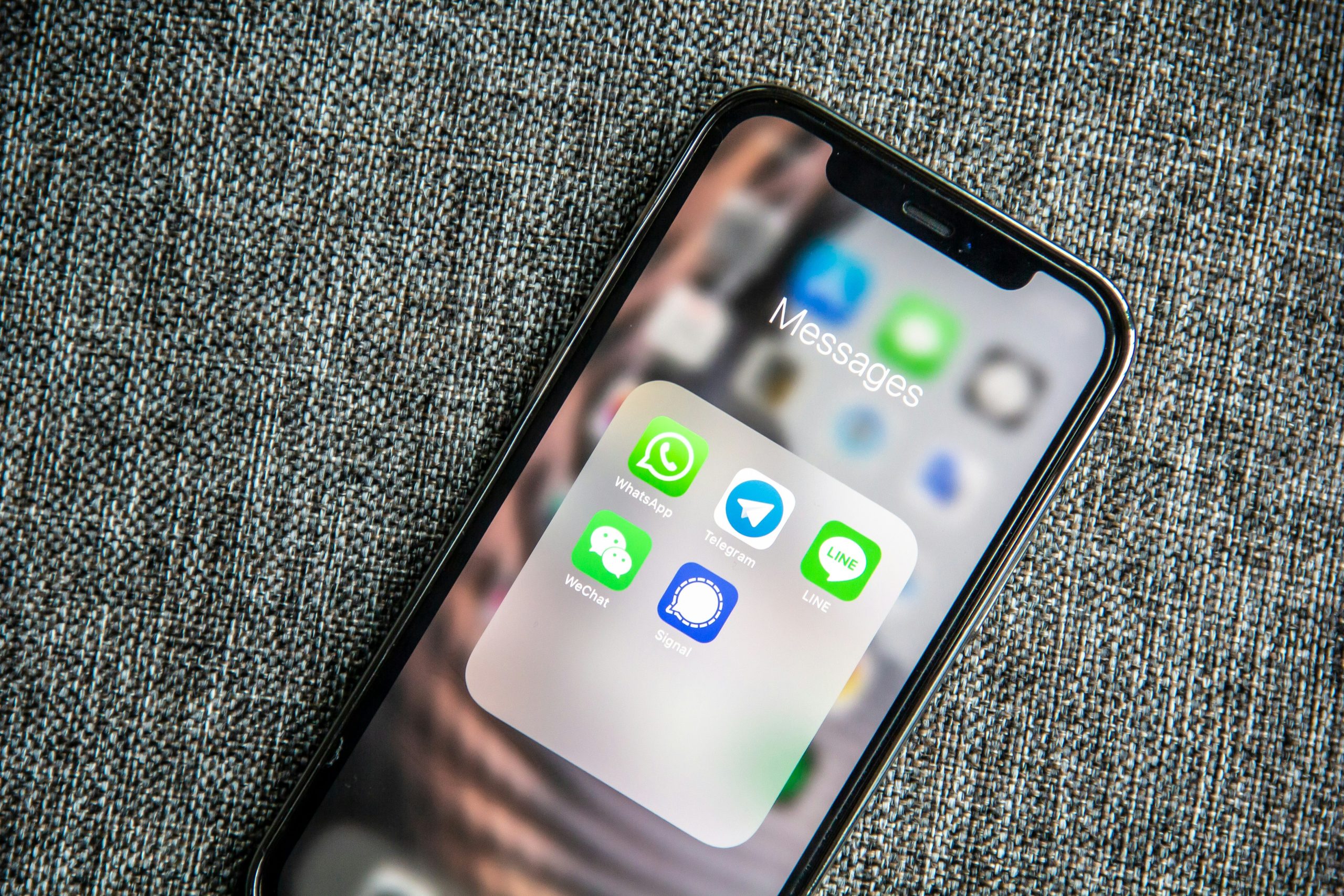 Last month top columnist Chang Ping lost his job as senior researcher for the edgy Southern Daily Group. He says his dismissal was part of a crackdown on domestic media. Chang, 42, is well known for his outspokenness. In 2008, he wrote a famous opinion piece calling for more understanding from China during the Tibetan riots. Last July, he was barred from writing columns for Southern Weekend and Southern Metropolis Daily. Just ahead of the Chinese New Year holiday this week, Chang Ping kindly answered a few questions for UNCUT on why he thinks he was targeted and gives some advice to other would-be pioneering journalists.
Last month top columnist Chang Ping lost his job as senior researcher for the edgy Southern Daily Group. He says his dismissal was part of a crackdown on domestic media. Chang, 42, is well known for his outspokenness. In 2008, he wrote a famous opinion piece calling for more understanding from China during the Tibetan riots. Last July, he was barred from writing columns for Southern Weekend and Southern Metropolis Daily. Just ahead of the Chinese New Year holiday this week, Chang Ping kindly answered a few questions for UNCUT on why he thinks he was targeted and gives some advice to other would-be pioneering journalists.
UNCUT: Executive Editor of the Southern Daily Group Zhuang Shenzhi told the New York Times that: “The paper thought some of [your] work was inappropriate.” What particular things have you written about do you think that have caused you to lose your job?
Chang Ping: I recently gave a lecture at Fudan University which was quite broad in its political comment, but I really don’t know which of my articles brought this about. There’s a lot of backstage manoeuvring in this system, that’s its specialty. Nobody knows the real reason, all you know is that you’ve “done something out of place”. As Zhuang Shenzhi pointed out, it was something to do with what I have written, because I don’t really do much of anything else apart from write articles.
UNCUT: Knowing that writing and publishing these kinds of “controversial” pieces may get you into trouble, or lose you your job, why do you do it?
Chang Ping: If I don’t write articles, I will just become someone with a vested interest in being part of the system. In fact I had already [become part of the system], but because of my writing I lost my job. I believe strongly in the individual’s freedom of speech, and most importantly the role of Chinese media to use writing to widen the space for political discussion. I really didn’t want to lose my job because of my writing, but if I have to choose then I will choose to write.
UNCUT: How did it make you feel to lose your job – from a personal standpoint, from a professional standpoint, and also from a political standpoint?
Chang Ping: I am extremely angry because I was stripped of my freedom to work for having spoken out. On a personal level, I have lost my stable livelihood. In the media world, a lot of people think that this is the beginning of a cold winter; politically it shows that the authorities are incompetent, they are so afraid that they have to stop a single person from speaking out, and from this you can see their inner weakness.
 UNCUT: You were banned from writing columns last year. What have you been doing for the paper since then?
UNCUT: You were banned from writing columns last year. What have you been doing for the paper since then?
Chang Ping: During this period, I took part in a volunteer research project and have done some charity work.
UNCUT: Journalists at the Beijing News have been worried about your position for a while. They say that with you gone they will have less freedom to write what they want. What advice do you have for them?
Chang Ping: I have said before that you should not wait until you can see hope before you start taking action. Only by looking for hope within despair can you find true hope. Even if you cannot see tomorrow, we have to uphold our ideals today and just do the things we want to do.
UNCUT: You told The Guardian: “The whole media environment is changing. It has become tighter since the Nobel peace prize.” Is there any reason in the past few months, for this new crackdown?
Chang Ping: Pressure has been put on reporters and editors at Time Weekly and Chengdu Commercial Daily. Also the country has started a campaign against “fake news”. This is not really aimed at fake news – otherwise they would have to shut down CCTV and the People’s Daily — but rather it’s an attack on those media that are telling the truth.
UNCUT: What is your prediction for the future of Chinese media in the next year or so in terms of censorship?
Chang Ping: Over the next year censorship is likely to get even stricter because of the 18th National Congress [When President Hu Jintao and Premier Wen Jiabao are expected to step down] and its need to create “favourable public opinion”. But I am confident that resistance will also become more intense.
UNCUT: What are you going to do now? Will you still try to write?
Chang Ping: I will continue to write. I will look for every opportunity to publish my articles, including traditional media, new media, and domestic and international media.





